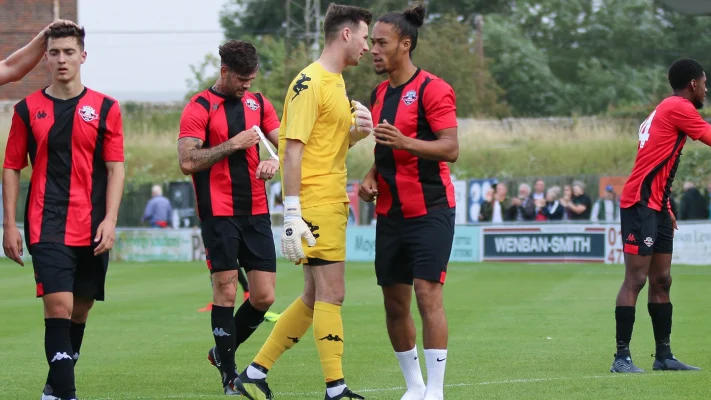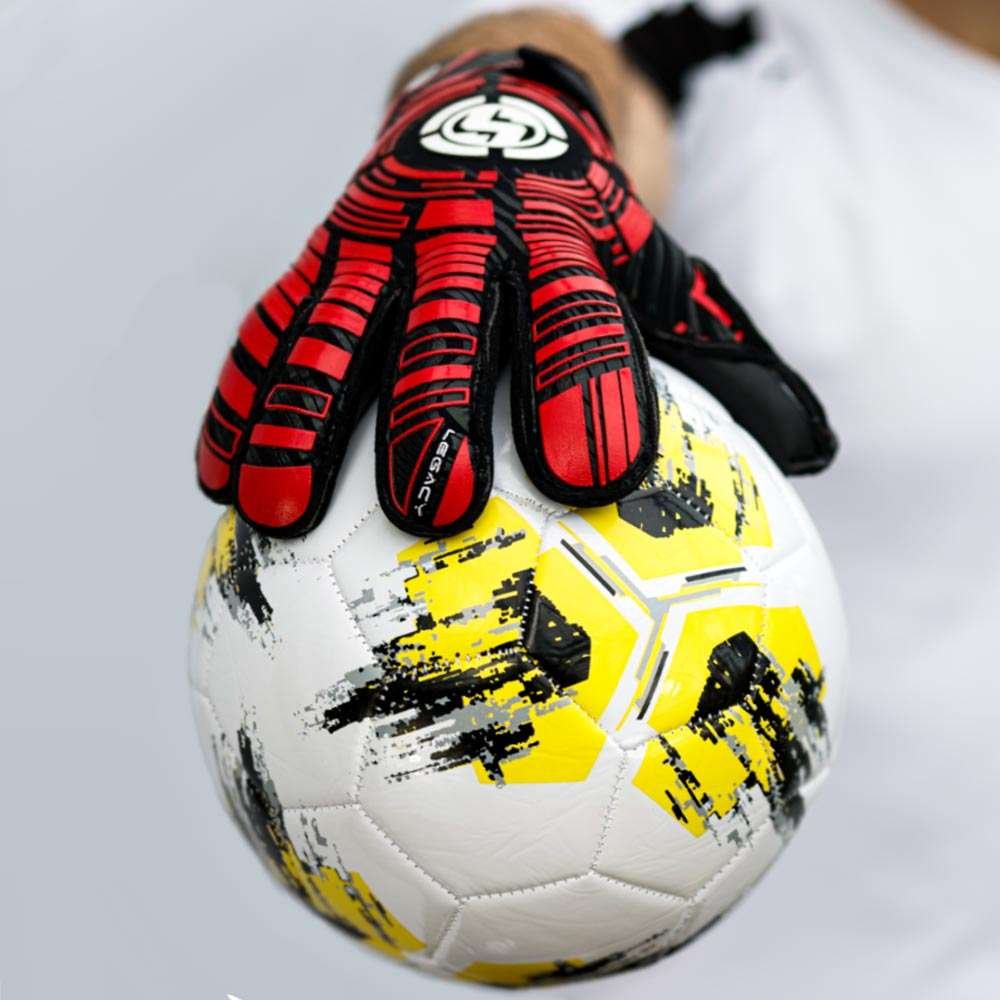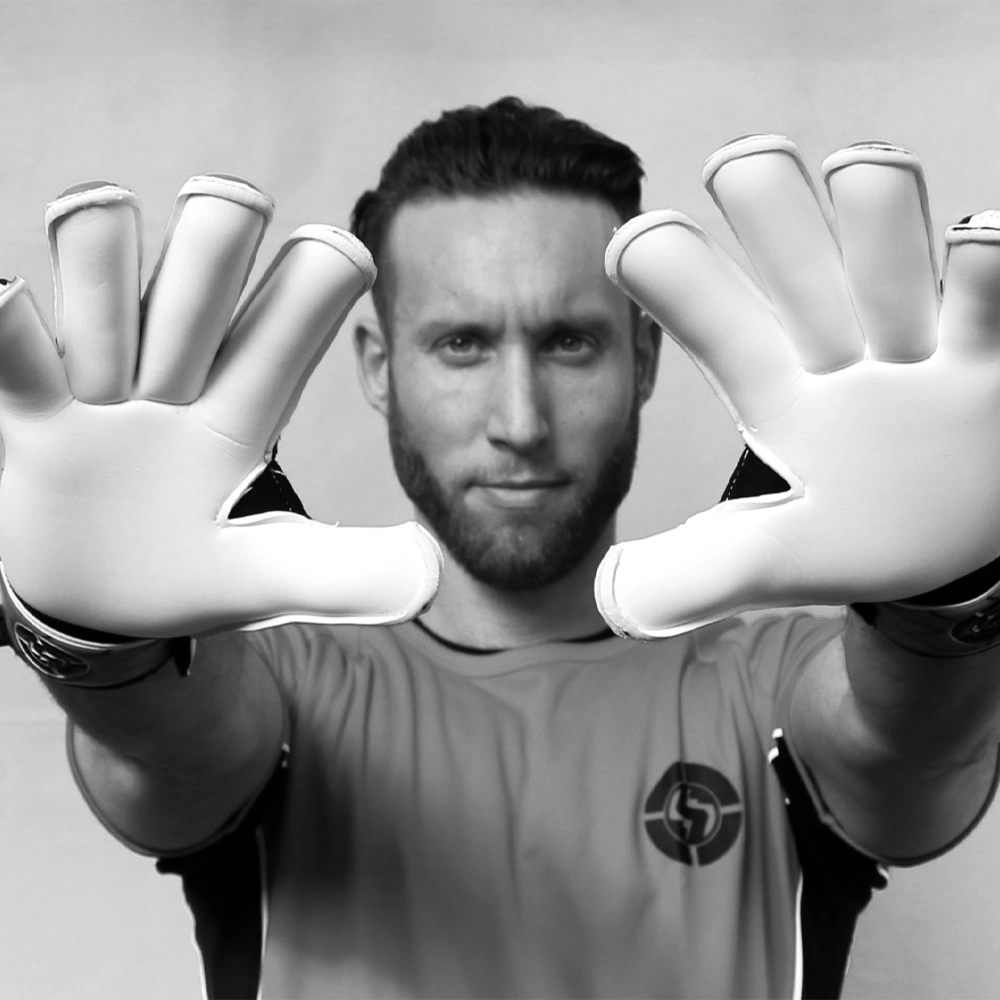Preparing for Success: A Guide to Goalkeeper Tournament Excellence

When it comes to youth sports, tournaments are a critical component of a child’s athletic development. They offer unique challenges and opportunities to showcase skills, develop teamwork, and gain valuable experience. As a parent, supporting your child through these events can make a significant difference in their performance and enjoyment. This guide provides practical tips for both parents and children to ensure they perform their best at tournaments.
Essential Pre-Tournament Preparation
Preparation is key to success in any sport, and tournaments are no exception. Ensuring that your child is physically, mentally, and emotionally ready can set the stage for an outstanding performance.
Physical Readiness
- Hydration and Nutrition: Proper hydration is crucial, especially during summer tournaments. Encourage your child to drink plenty of water in the days leading up to the tournament and to continue hydrating throughout the event. Incorporate a balanced diet rich in carbohydrates, proteins, and healthy fats to fuel their energy levels. Include fruits, vegetables, lean meats, and whole grains in their meals.
- Rest and Recovery: Adequate rest is essential for peak performance. Ensure your child gets enough sleep each night, especially in the days before the tournament. Rest helps in muscle recovery and maintains high energy levels.
- Proper Gear: Equip your child with the right gear, including good goalkeeper gloves if they are playing that position. Brands like Saviour GK offer gloves designed to enhance grip, comfort, and durability, which can significantly impact performance during critical moments [12]. Investing in good goalkeeper gloves can make a huge difference in both performance and safety.
Mental Preparedness
- Positive Mindset: Encourage a positive mindset. Help your child focus on their strengths and past successes. Remind them that mistakes are part of learning and growing as an athlete.
- Visualization Techniques: Teach your child to use visualization techniques. Imagining successful plays and saves can boost confidence and mental preparedness. This technique is particularly effective for goalkeepers who can visualize themselves making crucial saves.
- Stress Management: Tournaments can be stressful. Equip your child with strategies to manage anxiety, such as deep breathing exercises, positive affirmations, and maintaining a routine.
Practical Tips for Tournament Day
- Early Arrival: Arriving early allows your child to acclimate to the environment, warm up properly, and mentally prepare for the competition.
- Warm-Up Routine: A thorough warm-up routine is essential. It helps prevent injuries and prepares the body for the physical demands of the game. Include dynamic stretches and sport-specific drills.
- Stay Cool and Hydrated: During summer tournaments, staying cool is crucial. Bring plenty of water, sports drinks, and cooling towels. Find shaded areas or bring portable shade to rest between games.
- Healthy Snacks: Pack healthy snacks like fruits, nuts, and energy bars to keep energy levels up throughout the day.
Supporting Your Child During the Tournament
Your support can make a world of difference in your child’s tournament experience. Here are some ways to be the best supporter possible.
Encouragement and Positivity
- Cheer Enthusiastically: Be your child’s biggest fan. Cheer them on from the side-lines and celebrate their efforts, regardless of the outcome.
- Stay Positive: Maintain a positive attitude, even if the team is not winning. Focus on the effort and the learning experiences rather than just the results.
- Avoid Criticism: Constructive feedback is important, but avoid harsh criticism. After the game, discuss what went well and areas for improvement in a supportive manner.
Balancing Involvement and Independence
- Respect the Coach’s Role: Trust the coach’s decisions and avoid giving conflicting instructions. Your child needs to focus on one set of guidance during the game.
- Encourage Self-Advocacy: Teach your child to communicate with their coach and teammates. This helps them take responsibility for their role and grow as a player.
Post-Tournament Reflection and Recovery
The end of a tournament is just as important as the preparation and competition phases. Reflecting on the experience and proper recovery are key to continued growth and readiness for future events.
Reflect and Learn
- Discuss the Experience: Talk with your child about what they enjoyed, what they found challenging, and what they learned. This reflection helps reinforce positive experiences and identify areas for improvement.
- Celebrate Achievements: Celebrate all achievements, big or small. Whether it’s a personal best, a great save, or improved teamwork, recognizing these moments boosts confidence.
- Plan for Improvement: Use the tournament experience to set new goals. Discuss what skills or strategies your child wants to work on before the next event.
Physical and Mental Recovery
- Rest and Hydrate: Post-tournament recovery is crucial. Ensure your child gets plenty of rest and stays hydrated to aid muscle recovery and replenish energy levels.
- Gentle Stretching: Incorporate gentle stretching or light activity like walking to help reduce muscle soreness and maintain flexibility.
- Mental Unwind: Allow time for mental relaxation. Engage in non-sport activities that your child enjoys to help them unwind and reset mentally.
The Importance of Good Goalkeeper Gloves
A key factor in how to be the best goalkeeper in tournaments is having the right equipment. Good goalkeeper gloves are essential for providing the grip, protection, and comfort needed to perform at the highest level. Gloves like those offered by Saviour GK incorporate advanced technologies such as the NEX-GEN® Super-Pro Contact latex, which offers superior grip and durability [13]. Ensuring your child has good goalkeeper gloves can significantly enhance their confidence and performance on the field.
Investing in good goalkeeper gloves is not just about performance; it’s also about safety. Quality gloves protect against injuries and provide the support needed to handle high-impact saves. Encourage your child to practice with their gloves regularly to ensure they are comfortable and familiar with their equipment.
Conclusion
Tournaments are an excellent opportunity for young athletes to challenge themselves, develop their skills, and enjoy the camaraderie of sports. With the right preparation, support, and recovery strategies, parents can help their children perform their best and make the most of their tournament experiences. Remember, the goal is not just to win, but to enjoy the journey, learn from each experience, and grow as both an athlete and an individual.
By focusing on these key areas, you can ensure that both you and your child are ready for the demands of tournament play, helping them to shine on and off the field. Equip them with good goalkeeper gloves, support their mental and physical preparation, and celebrate their efforts and achievements.
For more insights on goalkeeping essentials and to find your perfect pair of gloves, visit our Goalkeeper Glove Shop or for more in depth information check out our Glove Cut page, Size Guide, or Glove Care Section.
Other Relevant Article: When Should Goalkeepers Wear Finger Save Gloves?



